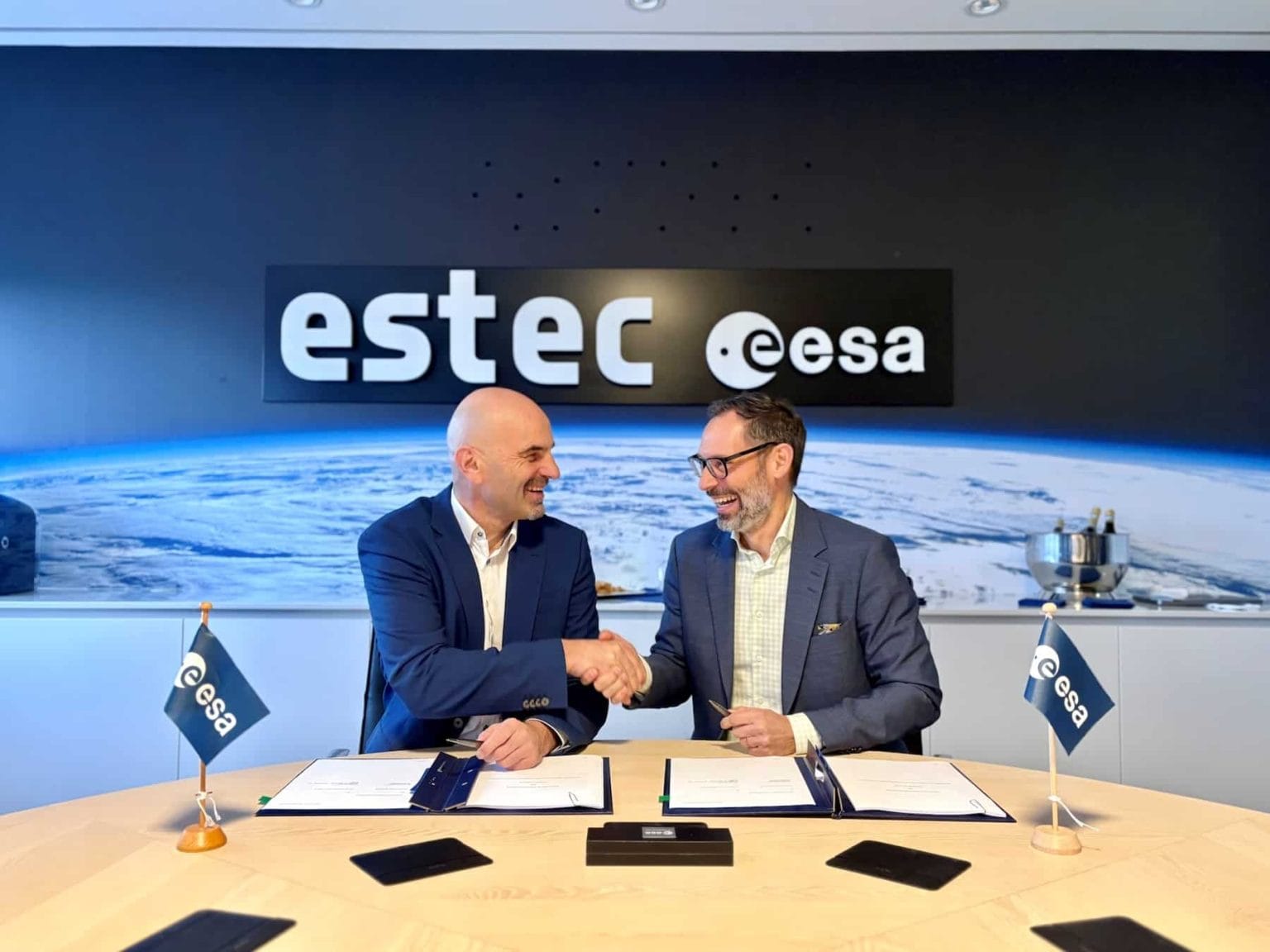Frontgrade Gaisler, a leading company in microprocessors for space applications, has been selected by the European Space Agency (ESA) to lead an ambitious project that enhances European sovereignty in advanced semiconductor technologies for space. The main objective is to develop technology based on Ultra Deep Sub-Micron (UDSM) nodes of up to 7 nm, deemed crucial for future space missions and satellite constellations.
The program, part of the ESA’s “EEE Space Component Sovereignty for Europe” initiative, involves collaboration with prominent industry players such as imec and IMST GmbH, who specialize in high-performance microprocessors, advanced semiconductor libraries, and high-speed memory interfaces. This partnership aims to meet the growing demand for computational performance in space environments, integrating cutting-edge technologies such as high-speed interfaces, die-to-die interconnections, and System-in-Package solutions.
Boris Glass, the technical lead at ESA, emphasized: “This initiative marks a fundamental milestone in ensuring that Europe remains at the forefront of space innovation. By investing in submicron processes such as 7 nm FinFET CMOS technology, Europe strengthens its technological autonomy and lays the groundwork for future space exploration missions and satellite constellations.”
Development of Advanced Microprocessors for Space
The consortium led by Frontgrade Gaisler has as its first goal the development of radiation-hardened intellectual property libraries and cores, which will serve as the foundation for high-reliability and efficient integrated circuits in space. In a later phase, a prototype of an advanced microprocessor based on RISC-V architecture will be created, optimized for high performance and radiation resistance.
The mass production of these microprocessors in the coming years will be key to strengthening Europe’s autonomous computational capability, enabling the launch of long-duration space missions and the development of advanced technologies such as artificial intelligence (AI) and Edge computing in space.
Sandi Habinc, CEO of Frontgrade Gaisler, stated: “This program leverages our extensive experience in radiation-hardened semiconductors to advance UDSM technology and position Europe as a leader in the sector. Collaboration with industrial partners is essential to ensure success and innovation.”
A Boost for the Future of European Space Sector
The development of 7 nm UDSM technology poses a significant challenge in optimizing the balance between performance, energy consumption, and cost per area. The implementation of these microprocessors in key applications such as next-generation satellites, embedded artificial intelligence systems, and advanced computing environments will signify a turning point in European technological capabilities.
The project not only strengthens European technological independence but also opens new opportunities for the development of bolder and more efficient space missions. With its accumulated expertise and presence in the sector, Frontgrade Gaisler is well-positioned to lead this transformation.
About the European Space Agency (ESA)
The ESA is the main European entity dedicated to developing space capabilities. Its mission is to drive innovation and ensure that investment in space benefits European citizens and the world at large.
About Frontgrade Gaisler
Frontgrade Gaisler is a leader in the development of radiation-hardened microprocessors and intellectual property cores for critical applications, particularly in the space sector. Its processors, recognized for their reliability and robustness, have been deployed in missions across the solar system.
About Frontgrade
Frontgrade Technologies is a leading provider of high-reliability solutions for space, defense, and commercial applications. Its products include radiation-hardened components, mission processing subsystems, antennas, and power management solutions.
With this project, Europe reaffirms its commitment to innovation and technological sovereignty in space, positioning itself as a key player in the global semiconductor and space exploration industry.

